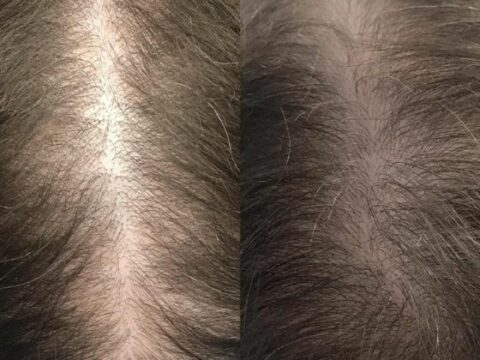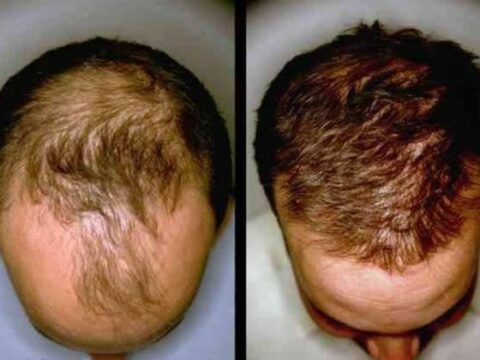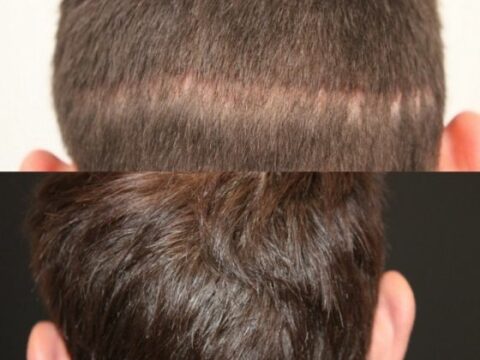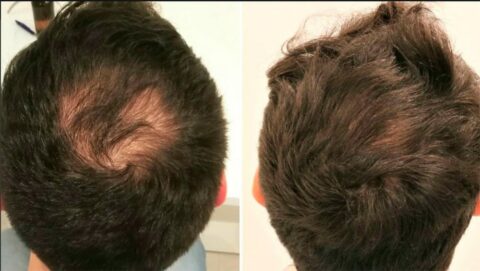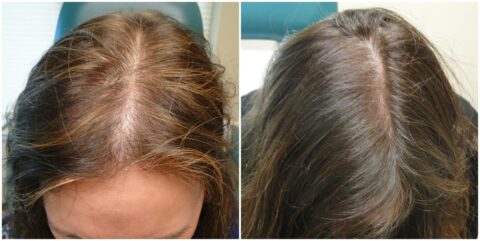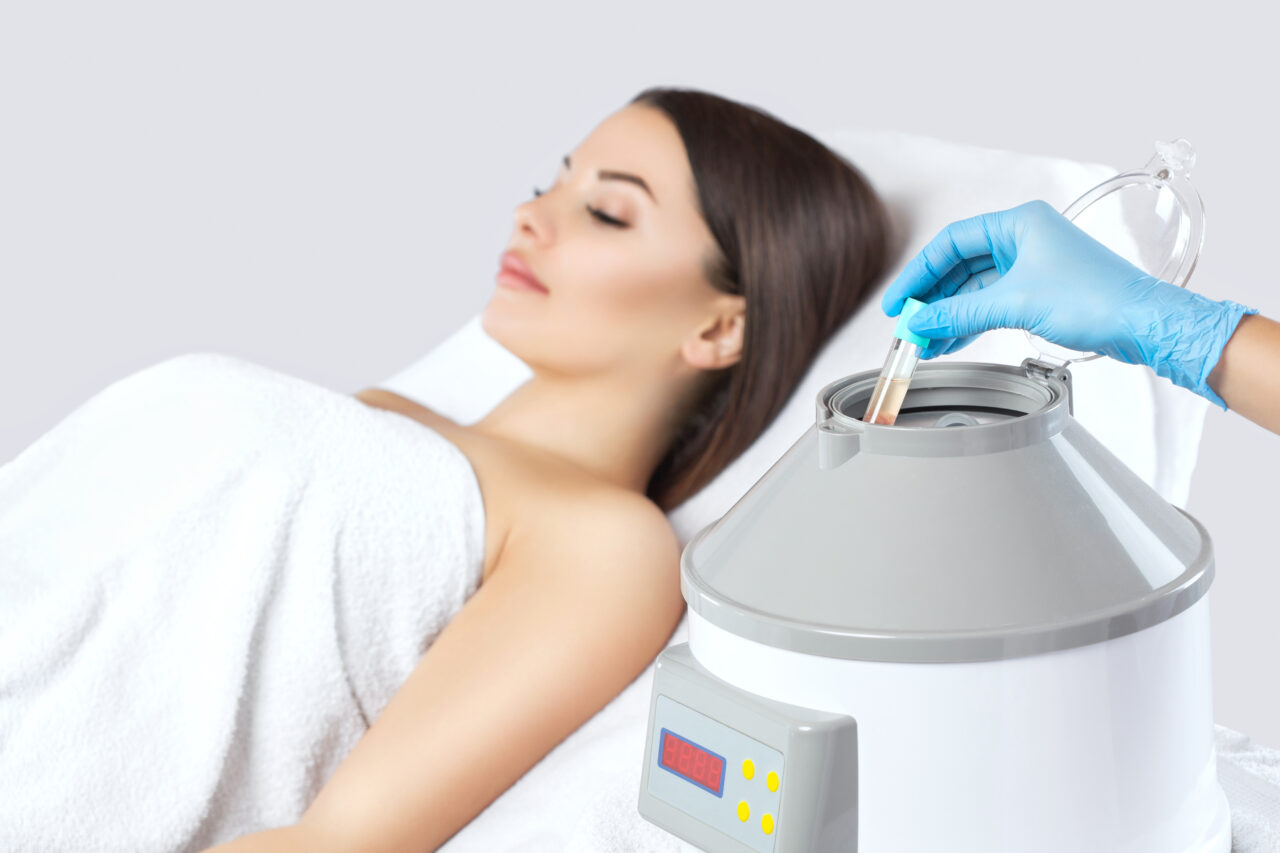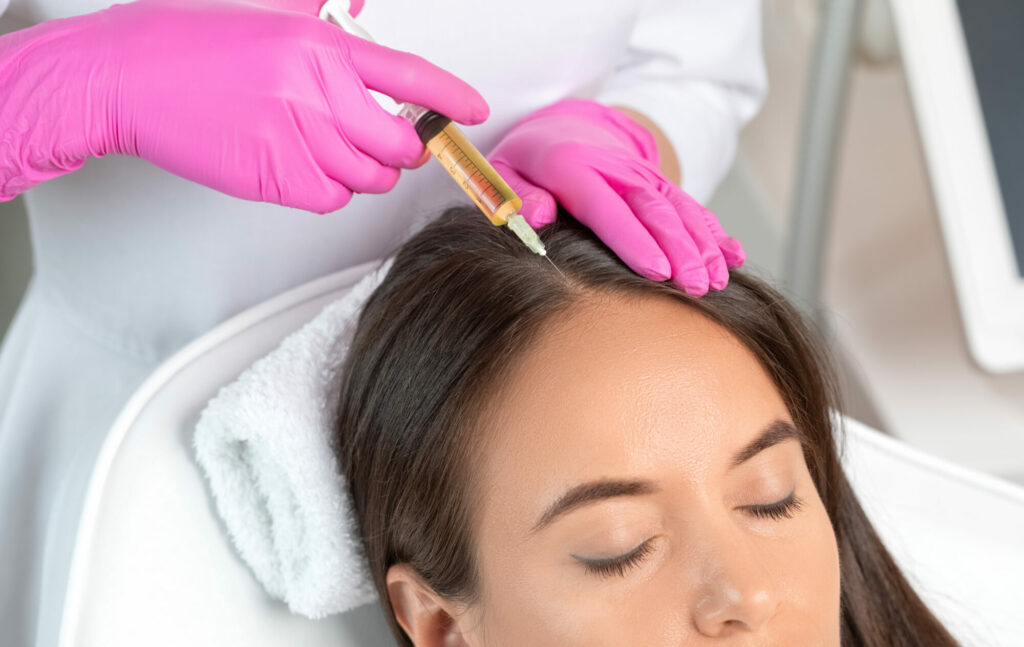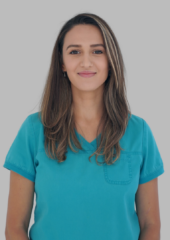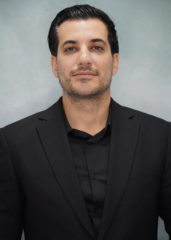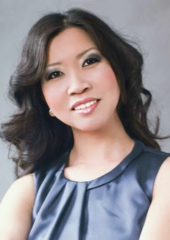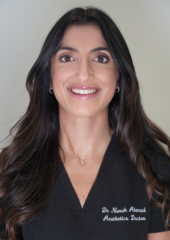What is the best treatment for hair growth?
The most effective treatment varies depending on the cause but often includes options hair transplants, lotion applications and suppliments for pattern baldness, finasteride for men, and possibly hormone therapy for women. It’s advisable to consult a dermatologist to find the right treatment for your situation.
How can I restore my thinning hair?
You can enhance hair thickness through treatments such as topical lotion applications, taking specific supplements to correct nutritional shortages, or considering therapies like Dracula therapy. Adjusting lifestyle factors such as stress reduction and dietary improvements also proves beneficial.
Does it hurt?
The sensation can range from mild to moderate. While scalp procedures may cause some discomfort, we utilize specialised techniques to make the experience as comfortable as possible for you. Pain tolerance varies among individuals, so the intensity of discomfort experienced can differ.
How many treatments and how often is therapy needed?
The number of sessions needed varies by individual, but typically, 3-5 treatments are recommended. These sessions are scheduled about 4-6 weeks apart. There’s no maximum limit to the number of treatments one can receive. The specific treatment plan, including frequency and total number of sessions, will be tailored to your unique needs and the condition of your scalp or skin.
What results can I expect from hair regrowth treatment therapy?
A decrease in hair thinning is often noticeable within 5-8 weeks. In many instances, signs of hair regrowth are visible 3-6 months following the final session.
Clients experience varied results, and our specialists possess a broad range of experience with different conditions. An initial consultation allows the specialist to assess your situation and discuss expected outcomes. This discussion includes an overview of your medical history to ensure tailored and effective treatment plans.
Improvements in skin texture and tone may be observed as early as three weeks, with full benefits of collagen regeneration appearing within three months.
Are there possible side effects with hair regrowth treatment?
Some individuals may experience mild to moderate swelling and redness for 12-48 hours post-treatment. Bruising is possible but typically minor. The duration of side effects varies from one person to another, with some experiencing longer recovery times.
How long do results last?
While results can differ, most clients enjoy the benefits for up to 24 months following a series of 4 treatments. Periodic touch-up sessions every 3-6 months can help in maintaining these results.
How can I stop hair loss naturally?
To naturally curb hair loss, ensure a nutritious diet rich in essential vitamins and minerals, consider scalp massages using essential oils like rosemary and peppermint, and avoid harsh chemical treatments and styling products.
Why is my hair falling out so much?
Hair loss can stem from various sources including stress, hormonal imbalances, nutritional deficiencies, or underlying health conditions. A dermatologist can help determine the root cause and recommend appropriate interventions.
Can your hair grow back after thinning?
Hair often regrows after thinning, particularly if the thinning is due to temporary factors like stress or diet. Effective treatment of the underlying cause is crucial for regrowth.
Which vitamin deficiency causes hair loss?
Hair loss is commonly linked to deficiencies in vitamins such as D, B12, and iron. Incorporating a balanced diet or using supplements can help address these deficiencies.
What foods thicken hair?
Foods known to enhance hair thickness include protein-rich eggs and fish, omega-3 fatty acids from flaxseeds and salmon, and vitamin B12-rich meats and dairy.
What foods stop hair fall?
Consuming foods high in vitamins A, C, D, and minerals like iron, selenium, and zinc can aid in reducing hair fall. Effective choices include spinach, sweet potatoes, walnuts, and blueberries.
What illnesses cause hair loss in females?
Hair loss in women can be caused by thyroid disorders, autoimmune conditions such as lupus and alopecia areata, polycystic ovary syndrome (PCOS), and anaemia.
What does thyroid hair loss look like?
Hair loss due to thyroid issues usually appears as an even thinning across the entire scalp, rather than patchy bald spots. This form of hair loss generally improves with effective thyroid treatment.
Can thin hair become thick again in females?
Thin hair can regain thickness if underlying issues such as nutritional deficiencies or hormonal imbalances are addressed, although genetic factors also play a significant role.
Why is my hair falling out and thinning female?
Female hair loss and thinning can be caused by hormonal changes (including those related to menopause), certain medical conditions like thyroid disease, and the use of specific medications. Consulting with a dermatologist is key to identifying and treating the cause.

